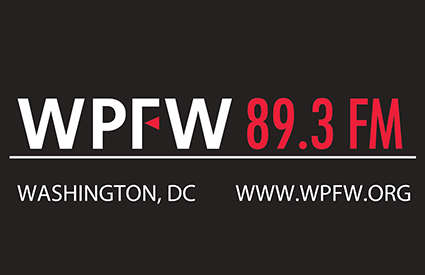WPFW: Taking Action on TANF

Children’s Law Center policy attorney Kimberly Waller was featured on WPFW 89.3 radio program Taking Action on Jan. 26 to discuss proposed cuts to TANF (Temporary Assistance for Needy Families) and why the program is providing vital support to vulnerable children in DC. She was joined by So Other Might Eat (SOME) and the DC Fiscal Policy Institute (DCFPI).
Currently, thousands of families are set to lose TANF benefits in October unless legislation is enacted to keep them secure.
Here’s a transcribed quote from Kimberly:
What happens the day after you’re cut off?
“The district is going to drop 13,000 kids off of TANF, out of the TANF program, and that’s over 6,000 families, and maybe upwards of 7,000, on Oct. 1 2016. And this legislation has the potential to help fix this. What it does is recognizes that some families just need more time. We’ve talked previously about just looking at each family on a case by case basis. They are experiencing obstacles or barriers to getting a job…domestic violence, high unemployment rates, low literacy, homelessness or at risk of being homeless. I mean these are serious things that make it difficult for parents to get and keep a job…
…. These are families that are complying with the program and really doing everything that they can and just haven’t found employment yet
Lastly, the legislation is designed to support our poorest children so that it continues benefits to the kids in the household even if their parent doesn’t otherwise qualify.
So like we’ve said, we should be able to provide for our kids and have their most basic needs met and that is what this is designed to do.”
To listen to the full program, visit this link, choose “Taking Action,” find “Tuesday, January 26” and hit “Play.”